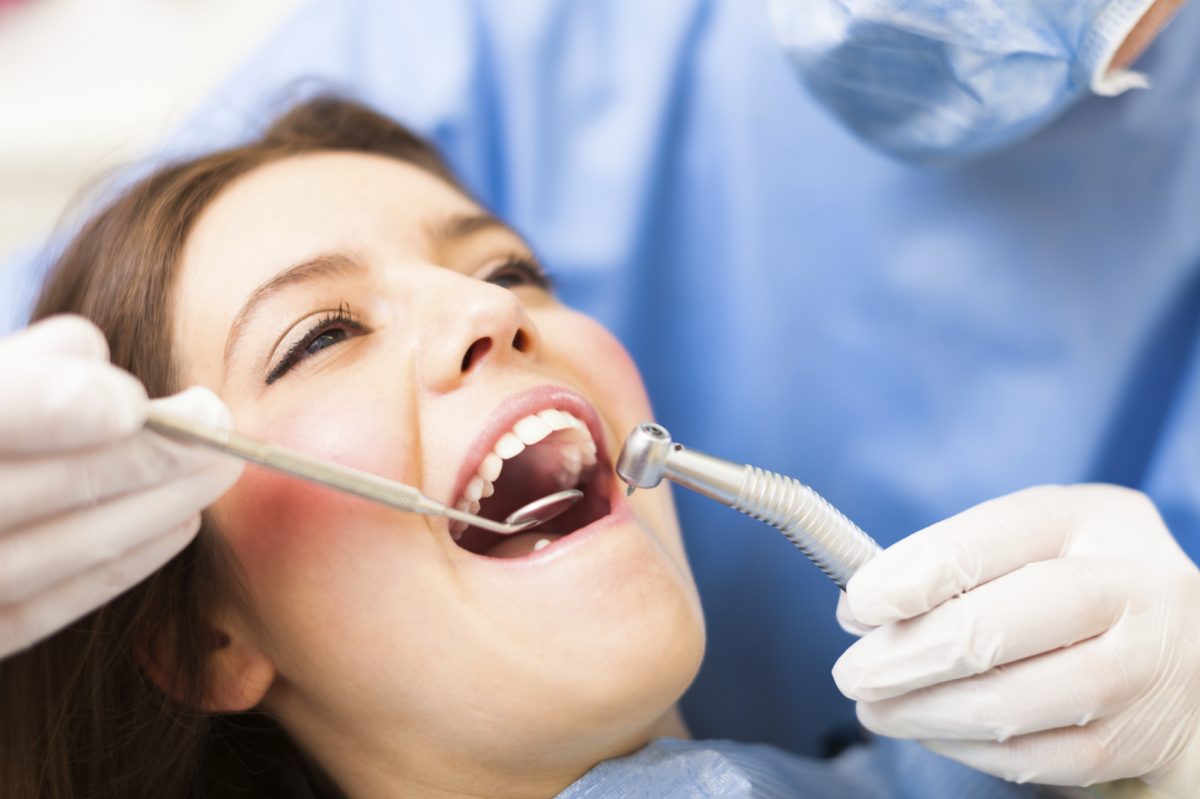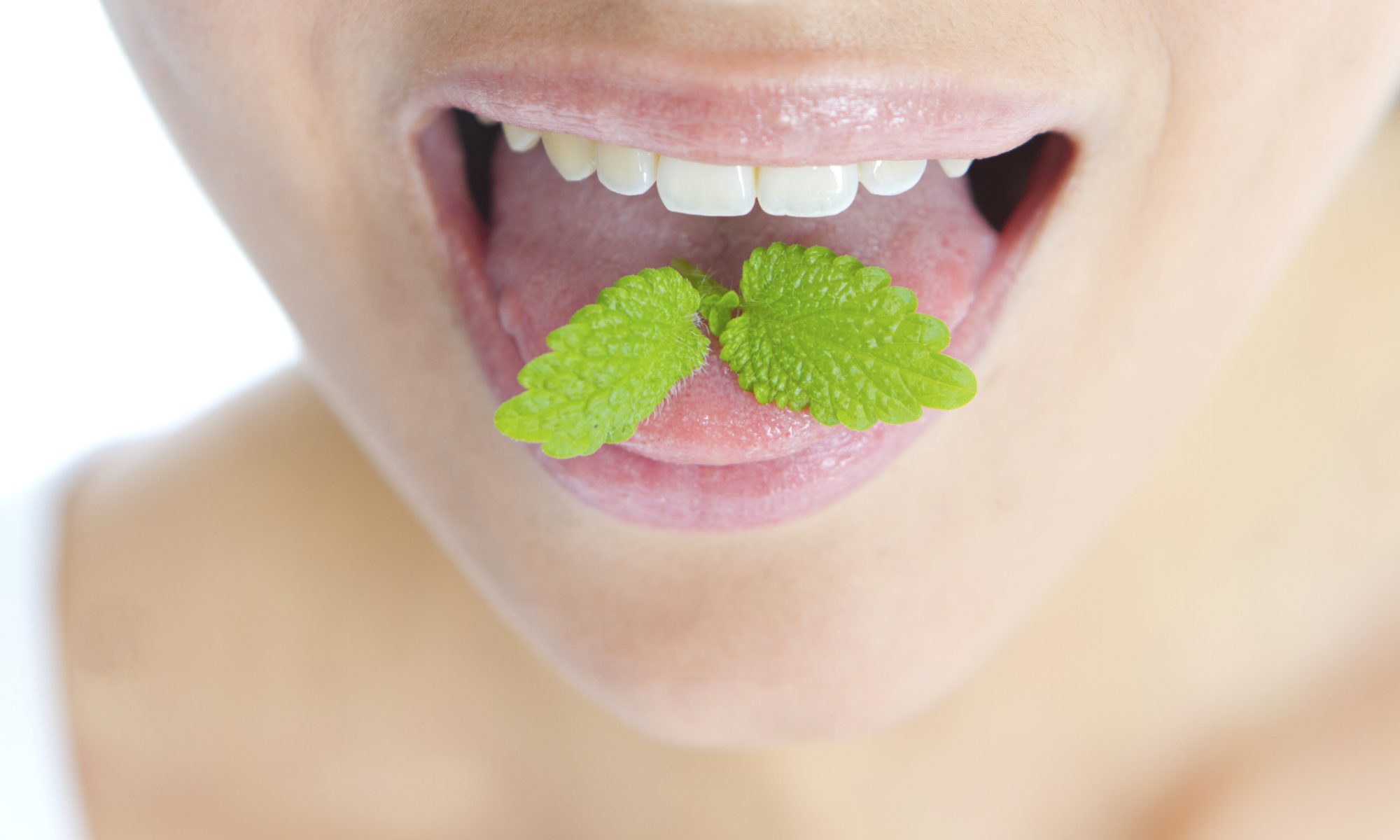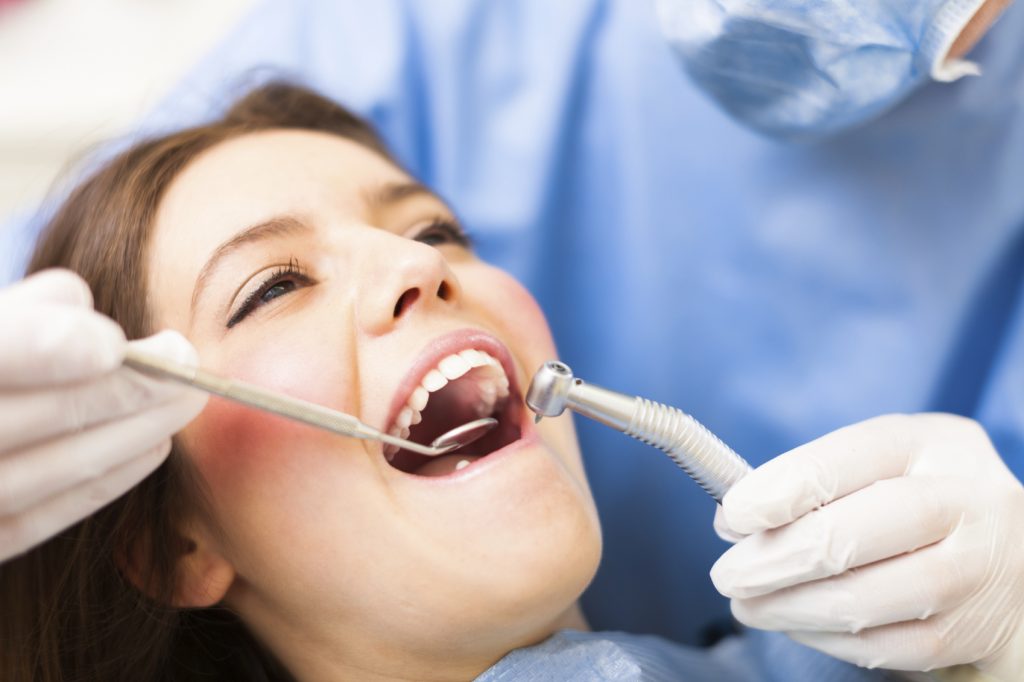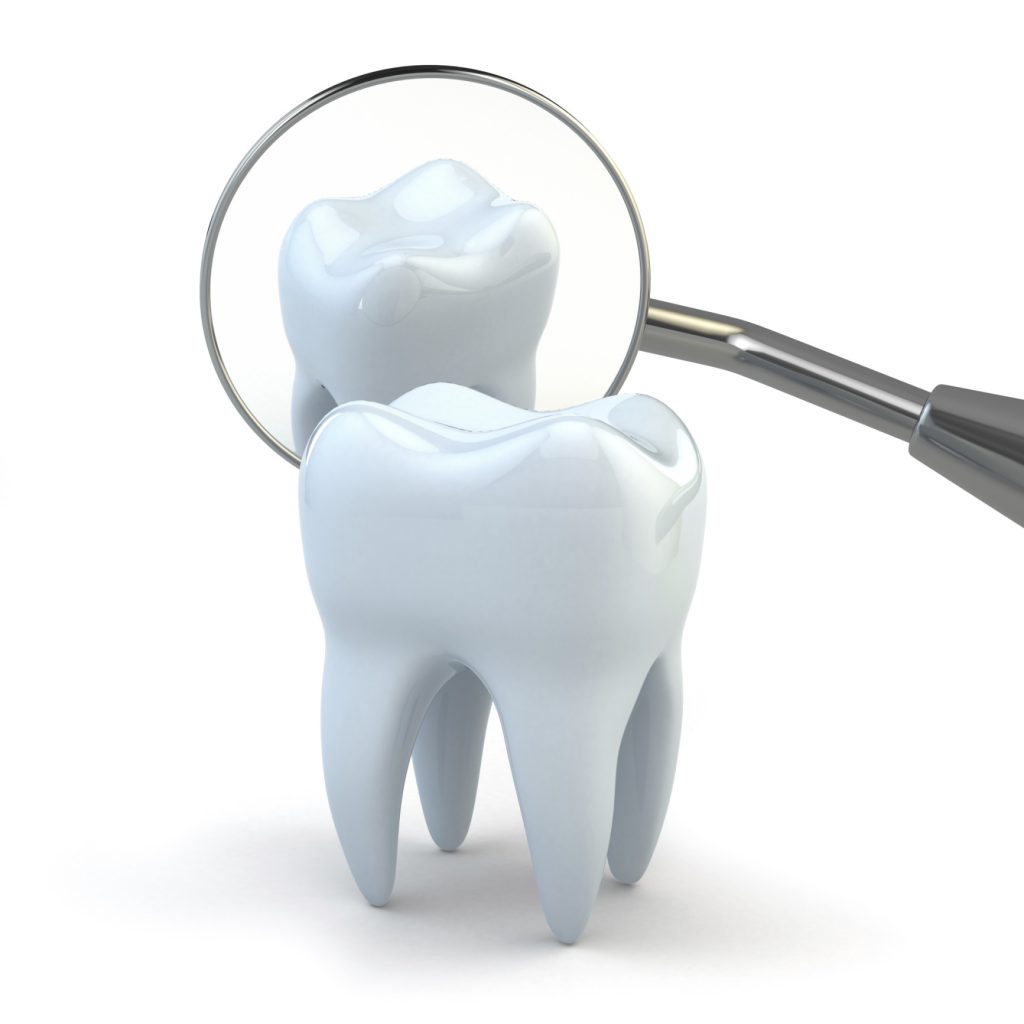The understanding and practice of oral care have undergone significant evolution with advancements in technology and scientific research, leading to improved dental treatments, diagnostics, and preventive strategies. Here’s how these advancements have shaped modern oral care:
1. Diagnostic Technology:
- Traditional dental examinations have been enhanced by digital imaging technologies such as digital X-rays and cone beam computed tomography (CBCT). These tools provide detailed 3D images of teeth, gums, and bone structures, aiding in accurate diagnosis of dental issues like cavities, fractures, and impacted teeth.
2. Laser Dentistry:
- Lasers have revolutionized various dental procedures by offering precise and minimally invasive treatment options. Laser technology is used for gum contouring, treating periodontal disease, performing root canal therapy, and even teeth whitening, often resulting in faster healing times and reduced discomfort for patients.
3. Minimally Invasive Techniques:
- Advances in materials and techniques have shifted dental care towards more conservative approaches. For instance, tooth-colored composite resins are now widely used for fillings and bonding, preserving more natural tooth structure compared to traditional amalgam fillings. This approach promotes long-term dental health and aesthetics.
4. Dental Implants:
- Dental implants have become a preferred solution for replacing missing teeth, offering superior aesthetics, function, and durability compared to traditional bridges or dentures. Advanced implant technologies, such as computer-guided implant placement and 3D-printed prosthetics, enhance precision and treatment outcomes.
5. Personalized Treatment Plans:
- Digital dentistry tools, including intraoral scanners and CAD/CAM technology, enable dentists to create highly customized treatment plans for each patient. From designing dental restorations like crowns and veneers to planning orthodontic treatments, these technologies improve accuracy and patient satisfaction.
6. Tele-dentistry:
- The integration of tele-dentistry allows for remote consultations, monitoring, and even treatment planning. This technology has proven especially valuable during times when in-person visits are challenging, providing patients with access to dental care and advice from the comfort of their homes.
7. Education and Prevention:
- Improved understanding of the link between oral health and systemic health conditions, such as diabetes and heart disease, underscores the importance of preventive care. Dental professionals now emphasize patient education, encouraging habits like regular brushing, flossing, and routine dental visits to maintain oral health and overall well-being.
As technology continues to advance, the future of oral care holds promise for further innovations that will enhance treatment outcomes, patient comfort, and the overall experience of dental care. Staying informed about these advancements empowers patients and dental professionals alike to embrace modern oral care practices for healthier smiles and improved quality of life.
Schedule your appointment today. Call Dr. Katia Doumit in Ottawa, Ontario at 613-232-8000 or visit www.urbandentalcentre.com. Dr. Doumit proudly serves Ottawa and all surrounding areas.









